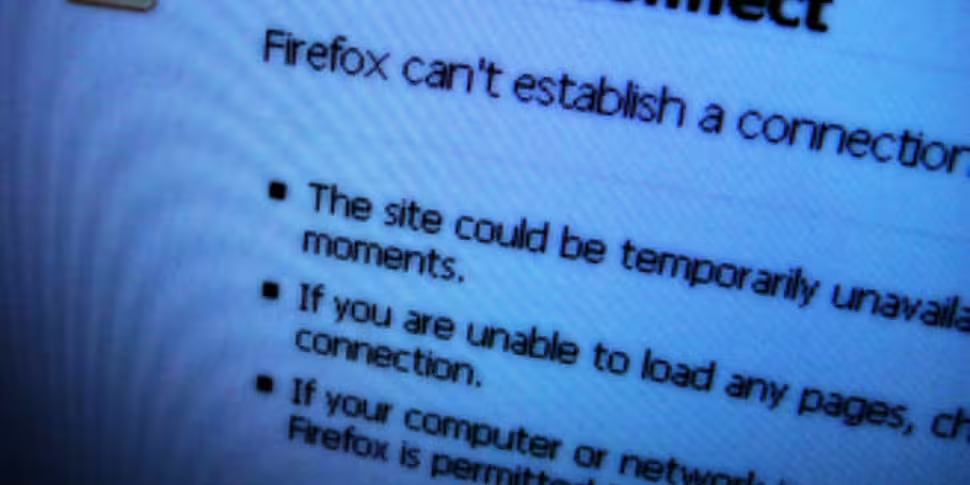The quarterly Akami report on 'the state of the internet' has revealed some changing trends in global connectivity. In the 2nd quarter of 2013, Indonesia surpassed China as the origin of the most malicious internet traffic. 38% of attacks came through Indonesian IP addresses, compared to 33% from China. Together they account for almost three quarters of all cyber attacks, with the US following with 6.9%.
However, this does not necessarily imply that all the cyber attack attempts originated in these countries: hackers often reroute their efforts through compromised servers or computers elsewhere. Akami does point out that hacking and DDoS (dedicated denial of service) attacks "continued to become more concentrated, with the top 10 ports seeing 82% of observed attacks". While the number DDoS attacks dropped overall, Akami also acknowledges the influence of the Syrian Electronic Army, who have spent much of the year hacking major media organisations.
The Akami report, which is based on hundreds of millions of unique IP addresses accessing the company's servers, also reveals the current average speeds of internet connections. The average Irish internet connection speed is now 8 Mbps while 15.76% of the connections examined were 10 Mbps or higher. This compares to a global average connection speed of 3.3 Mbps, an increase from the 3.1 Mbps measured in the first quarter of the year. South Korea, Japan and Switzerland ranked as the nations with the fastest connections, all with average speeds over 11 Mbps.
Despite Android now having a significant market lead over their competitors, Akami point out they recorded "slightly more requests came from Android Webkit-based browsers than from Apple Mobile Safari, with Webkit accounting for 38% of requests, and Safari 34%".
You can read the full 'state of the internet' report and see visualisations of the data on Akami's website.









